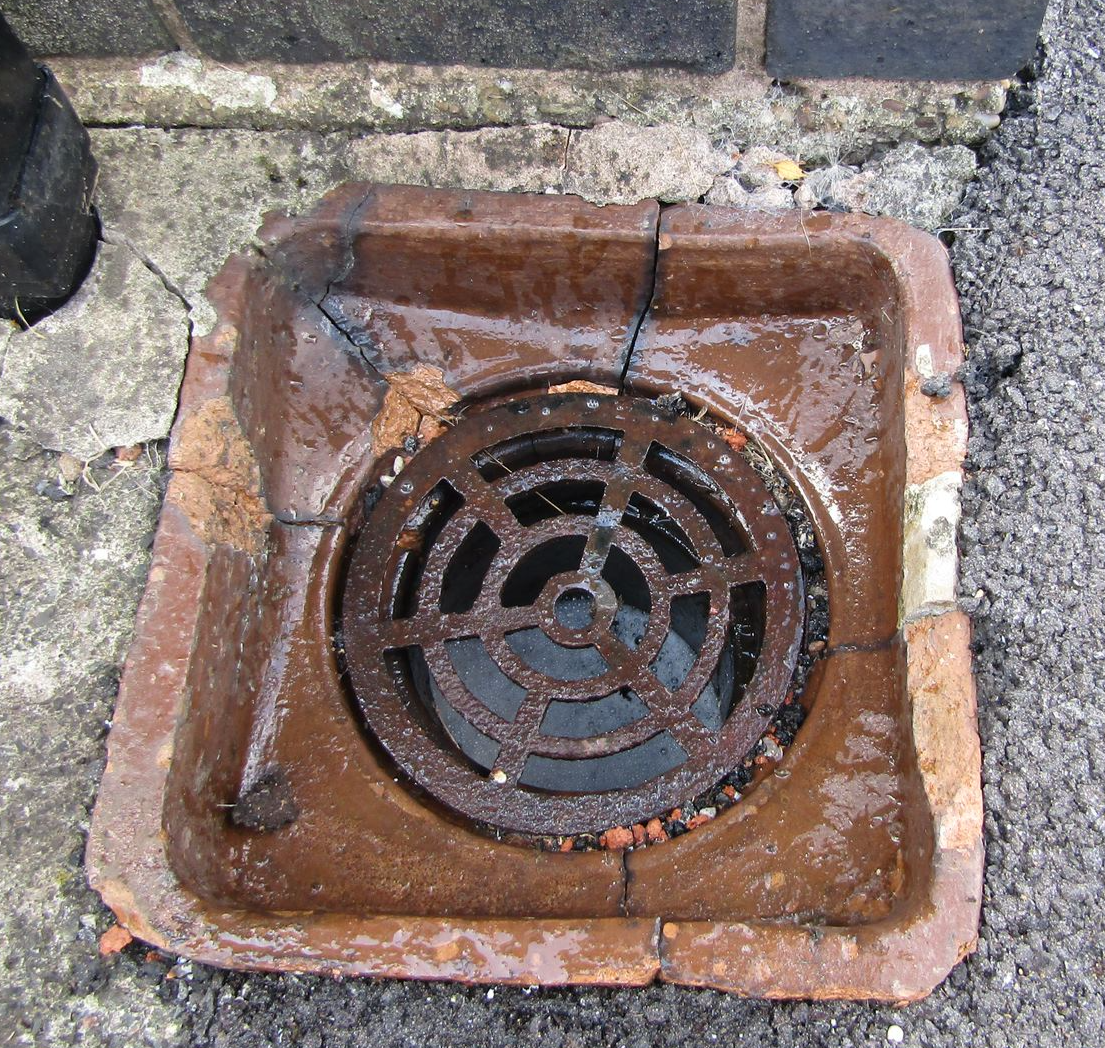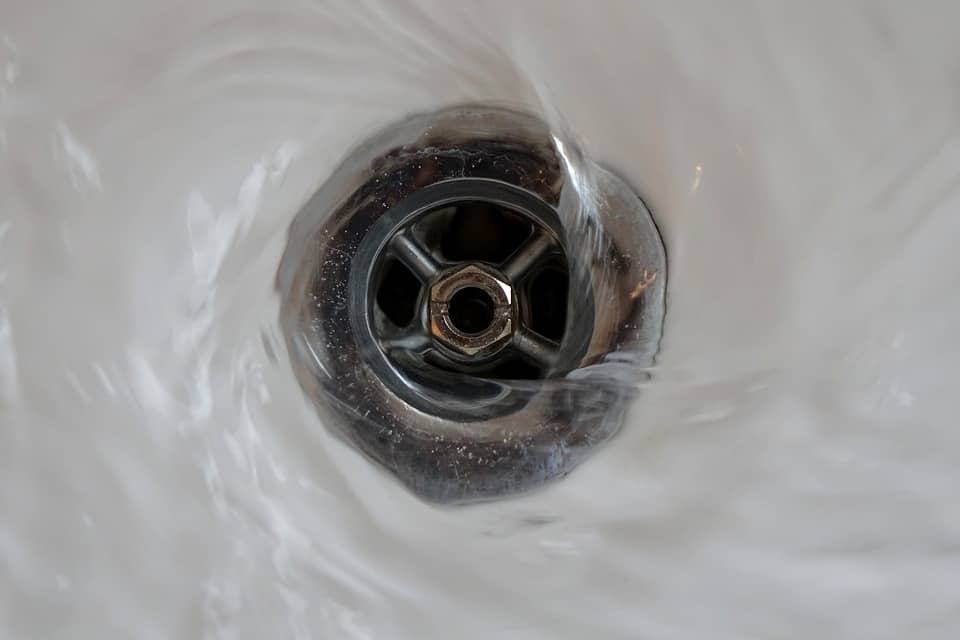We have stumbled on the article relating to What I learned from trying to deal with a clogged drain down the page on the web and figured it made sense to write about it with you on this page.

Introduction
Dealing with an obstructed drainpipe can be a discouraging experience, disrupting daily activities and potentially causing damages to your property. However, prior to connecting to pipes professionals, there are steps you can require to attend to the problem yourself. In this guide, we'll check out do it yourself solutions and preventive measures to take on an obstructed drain properly.
Determining the Concern
The first step in dealing with a blocked drainpipe is acknowledging the indications. Slow drain, gurgling sounds, foul odors originating from drains, or water support up prevail signs of an obstructed drainpipe. Identifying these signs early can help protect against even more difficulties.
Usual Root Causes Of Blocked Drains
Comprehending the variables that add to drain pipes clogs is essential for efficient resolution. Typical perpetrators include hair, soap residue, grease, food debris, and international things like sanitary products or paper towels. Tree origins attacking below ground pipes can additionally trigger considerable obstructions.
DIY Solutions
For minor obstructions, several DIY remedies can be reliable. Pouring boiling water down the drainpipe can help liquify oil and particles. Sodium bicarbonate and vinegar or a combination of salt and baking soft drink can serve as natural cleansers. Making use of a bettor or pipes snake to remove obstructions is another choice.
Tools and Tools
Having the right tools on hand can make DIY drain cleaning much more efficient. A plunger is a flexible device for clearing blockages in sinks, commodes, and showers. A pipes serpent or auger can get to much deeper obstructions, while drainpipe cleansing chemicals can be utilized meticulously for stubborn clogs.
Safety nets
To prevent future clogs, embracing preventive measures is critical. Install drainpipe guards or filters to capture hair and debris before they go into the pipes. Consistently flush drains with warm water to dissolve grease accumulation, and avoid disposing of grease or strong waste down the tubes.
When to Call an Expert
While do it yourself solutions can resolve small obstructions, particular signs indicate the need for expert aid. Relentless obstructions, foul odors despite cleaning initiatives, or multiple drains pipes backing up simultaneously are warnings that warrant professional treatment.
Choosing the Right Pipes Service
When picking a plumbing solution, think about aspects such as experience, licensing, and consumer reviews. Choose a credible plumber with a performance history of top quality handiwork and transparent pricing practices.
Price Considerations
The expense of specialist drainpipe cleaning services can differ relying on the seriousness of the blockage and the plumbing professional's prices. Request quotes from several providers and ask about any service charges to ensure transparency and stay clear of shocks.
Safety Precautions
When attempting do it yourself drainpipe cleansing, focus on safety and security. Use protective handwear covers and eyewear to avoid contact with harmful chemicals or bacteria. Never mix different drain cleansing items, as this can produce hazardous fumes.
Instance Studies
Real-life examples illustrate the performance of do it yourself remedies and the relevance of timely specialist intervention in dealing with drainpipe blockages.
Conclusion
By adhering to the tips detailed in this overview, you can properly deal with blocked drains and avoid future plumbing issues. Whether going with do it yourself solutions or seeking professional help, prompt activity is vital to preserving a healthy pipes system and maintaining the integrity of your home.
How to Clear a Clogged Drain Yourself (And When to Call In the Professionals)
What Can Clog a Drain
Dirt Skin flakes Hair Grease Soap scum Food Offset pipes Tree roots Small objects Mineral buildup DIY Tricks to Unclog a Drain
You can fix this! Once you have identified the source of the clog (or have a vague idea), you can try one or a combination of these fixes in order to clear your plumbing.
Wire Hanger or Snake
Untangle and clear out hair from a drainpipe with a homemade snake. Use a straightened-out wire hanger with a 90-degree angle hook to locate the clog and drag out any unwanted material.
Remember not to push the clog further down to where the wire hanger cannot reach! If you need to follow up with a plunger, give it a try. Your efforts might be more successful after it’s been wire-snaked.
If you want to get fancy and don’t have a wire hanger to spare, head to the store and pick up a hand-operated drain snake. You can get one for $10-$30. It may save you the hassle, and provide additional length to reach deep into the clogged pipe.
Plunger
A cup plunger has a suction cup attached to a wooden handle. The rubber creates a seal around the drain, and increases the pressure force of the plunger.
Plunge for 30-second increments to loosen the clog. This may need to be repeated over the course of 15-20 minutes. Once plunged, run the water to flush the remaining material out of the drain.
Remember– never use a plunger if you have used a chemical drain cleaner. These chemicals can splash up from the force of the plunger and cause serious injury or burns.
Boiling Water
Hot water can sometimes break up materials into a flushable amount. Dirt, grease, and soap buildup requires heat in order to unstick from surfaces.
Take your kitchen kettle and heat your water to a boil. Once it reaches a rolling boil, pour it directly down the drain into the blockage. Carefully follow with plunging, if necessary.
Don’t worry if this takes more than one try! It can often take multiple kettles and repeated plunging in order to clear a particularly stubborn clog.
Chemical Drain Cleaner
As a last resort, pick up a bottle of chemical drain cleaner. Drain-cleaning chemicals are potent, and not very good for the environment.
You may need to wear protective eyewear in gloves before handling your bottle of chemical drain cleaner. Follow the instructions printed on the bottle, and flush with water as soon as the instructions allow. Do not follow with plunging.
Baking Soda and Vinegar
As a safer alternative to chemical drain cleaner, baking soda and vinegar can create a chemical reaction that clears tough clogs.
Combine one cup of cleaning vinegar with one cup of boiling water, and set aside. Once you have done this, pour half a cup of baking soda down the drain. Give the baking thirty seconds to settle and cover a large portion of the problem drain.
Following the baking soda, pour down your vinegar and hot water solution. Once the vinegar and baking soda combine, the mixture will bubble and fix. Let this reaction fizzle in the drain for about an hour.
After an hour, follow with a kettle’s worth of hot water. The heat and liquid should flush out any remaining material.
When to Call a Plumber
If your DIY attempts haven’t cleared your clog drain, it’s time to call in a professional. It’s not worth losing access to your kitchen sink or high-traffic bathroom. A clog in a vital area can keep you from the things you’d rather be doing, and derail your routine.
Anytime a clog is causing water to spread is a time to call in a plumbing service. What starts out as a little bit of water can quickly grow into serious, expensive water damage.
Additionally, a serious clog can result in burst pipes or serious leaks. Make sure you know when to take it seriously!
https://myguysnow.com/how-to-clear-a-clogged-drain-yourself-and-when-to-call-in-the-professionals/

Do you appreciate reading about What I learned from trying to deal with a clogged drain? Post feedback below. We will be glad to see your thoughts about this content. Hoping to see you back again in the future. If you enjoyed reading our blog post please consider to pass it around. I praise you for being here. Return soon.
Click Here To Find Out More